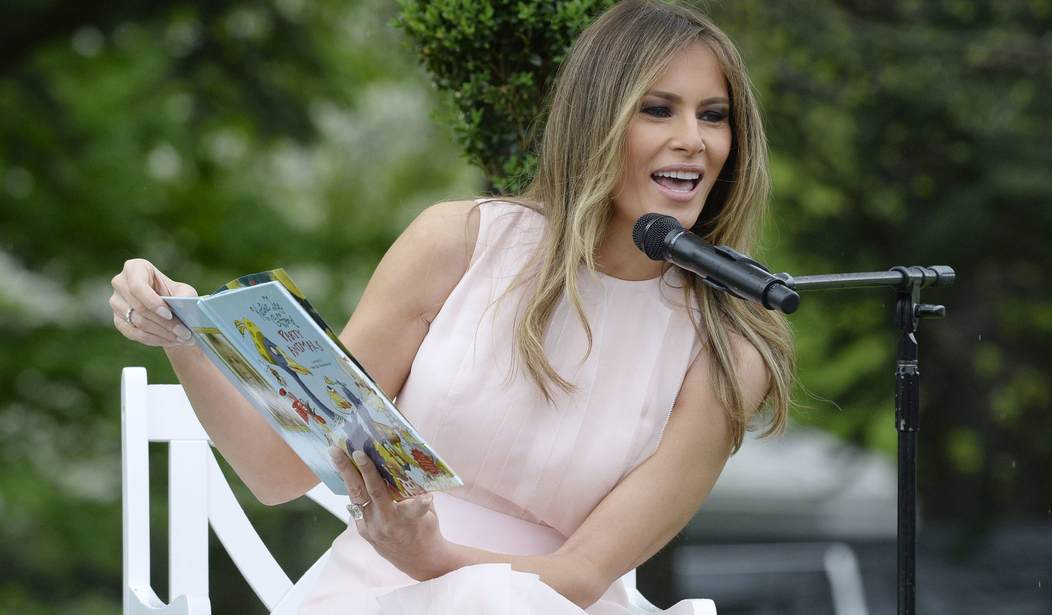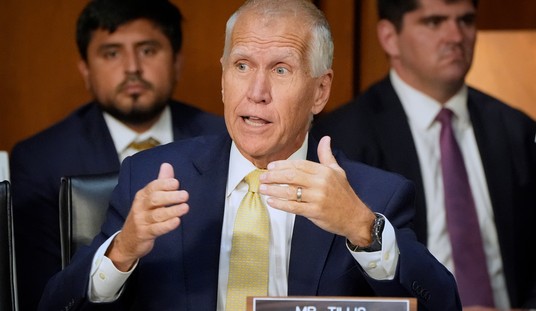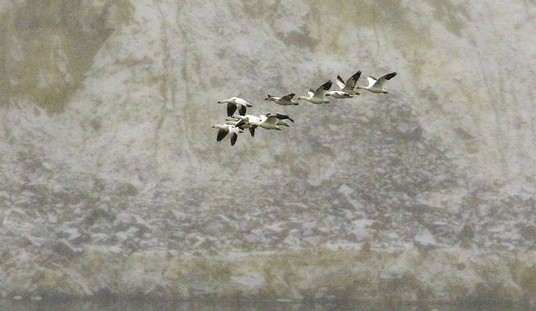Melania Trump, in her role as first lady, sent books to a number of libraries as part of National Read A Book Day. Rather than a thank you from one school library, the response was an intentional slap in the face of the first lady and her efforts to do something good for the kids.
Thank you for the ten Dr. Seuss titles that you sent my school library in recognition of this year’s National Read a Book Day. (Sent second-day air, no less! That must have been expensive.) I’m proud that you recognized my school as something special. It truly is. Our beautiful and diverse student body is made up of children from all over the world; from different socioeconomic statuses; with a spectrum of gender expressions and identities; with a range of abilities; and of varied racial, ethnic, and religious backgrounds.
According to the White House website, you selected one school per state by “working with the Department of Education to identify schools with programs that have achieved high standards of excellence, recognized by State and National awards and Blue Ribbon Awards…” Each of those carefully vetted schools received ten books: Seuss-isms!; Because a Little Bug Went KaChoo; What Pet Should I Get?; The Cat in the Hat; I Can Read with My Eyes Shut!; One Fish, Two Fish, Red Fish, Blue Fish; The Foot Book; Wacky Wednesday; Green Eggs and Ham; and Oh, the Places You’ll Go!.
My students were interested in reading your enclosed letter and impressed with the beautiful bookplates with your name and the indelible White House stamp, however, we will not be keeping the titles for our collection. I’d like to respectfully offer my explanation.
[…]
So, my school doesn’t have a NEED for these books. And then there’s the matter of the books themselves. You may not be aware of this, but Dr. Seuss is a bit of a cliché, a tired and worn ambassador for children’s literature. As First Lady of the United States, you have an incredible platform with world-class resources at your fingertips. Just down the street you have access to a phenomenal children’s librarian: Dr. Carla Hayden, the current Librarian of Congress. I have no doubt Dr. Hayden would have given you some stellar recommendations.
Another fact that many people are unaware of is that Dr. Seuss’s illustrations are steeped in racist propaganda, caricatures, and harmful stereotypes. Open one of his books (If I Ran a Zoo or And to Think That I Saw It On Mulberry Street, for example), and you’ll see the racist mockery in his art. Grace Hwang Lynch’s School Library Journal article, “Is the Cat in the Hat Racist? Read Across America Shifts Away from Dr. Seuss and Toward Diverse Books,” reports on Katie Ishizuka’s work analyzing the minstrel characteristics and trope nature of Seuss’s characters. Scholar Philip Nel’s new book, Was the Cat in the Hat Black? The Hidden Racism of Children’s Literature, and the Need for Diverse Books, further explores and shines a spotlight on the systemic racism and oppression in education and literature
Wow. Dr. Seuss is steeped in racist propaganda? That’s fascinating. Especially in light of these comments:
From a child’s first foray into the depths of a story to an adult’s escape into a world of words, reading plays an integral role in our lives. Works of fiction and non-fiction alike pique interest and inspiration and shape our understanding of each other and ourselves, teaching us lessons in kindness and humility, responsibility and respect. The moment we persuade a child to pick up a book for the first time we change their lives forever for the better, and on Read Across America Day, we recommit to getting literary works into our young peoples’ hands early and often.
March 2 is also the birthday of one of America’s revered wordsmiths. Theodor Seuss Geisel — or Dr. Seuss — used his incredible talent to instill in his most impressionable readers universal values we all hold dear. Through a prolific collection of stories, he made children see that reading is fun, and in the process, he emphasized respect for all; pushed us to accept ourselves for who we are; challenged preconceived notions and encouraged trying new things; and by example, taught us that we are limited by nothing but the range of our aspirations and the vibrancy of our imaginations. And for older lovers of literature, he reminded us not to take ourselves too seriously, creating wacky and wild characters and envisioning creative and colorful places.
What closeted racist uttered this defense of Dr. Seuss? Oh, just President Barack Obama in a statement regarding Read Across America 2016.
In other words, our nation’s first black president didn’t see it as “racist propaganda,” so why pray tell, should the first lady? Further, Dr. Seuss is still a beloved classic read by millions of kids across this country, including my own. To call it “cliche” is to undermine the fact that if the term applies, it’s only because of the millions of repetitions made of reading the book by children who still love it.
Unfortunately, everything is political and I doubt Mrs. Trump could have sent anything to that school that wouldn’t have been problematic in some way. Such is the way of life in America these days.










Join the conversation as a VIP Member